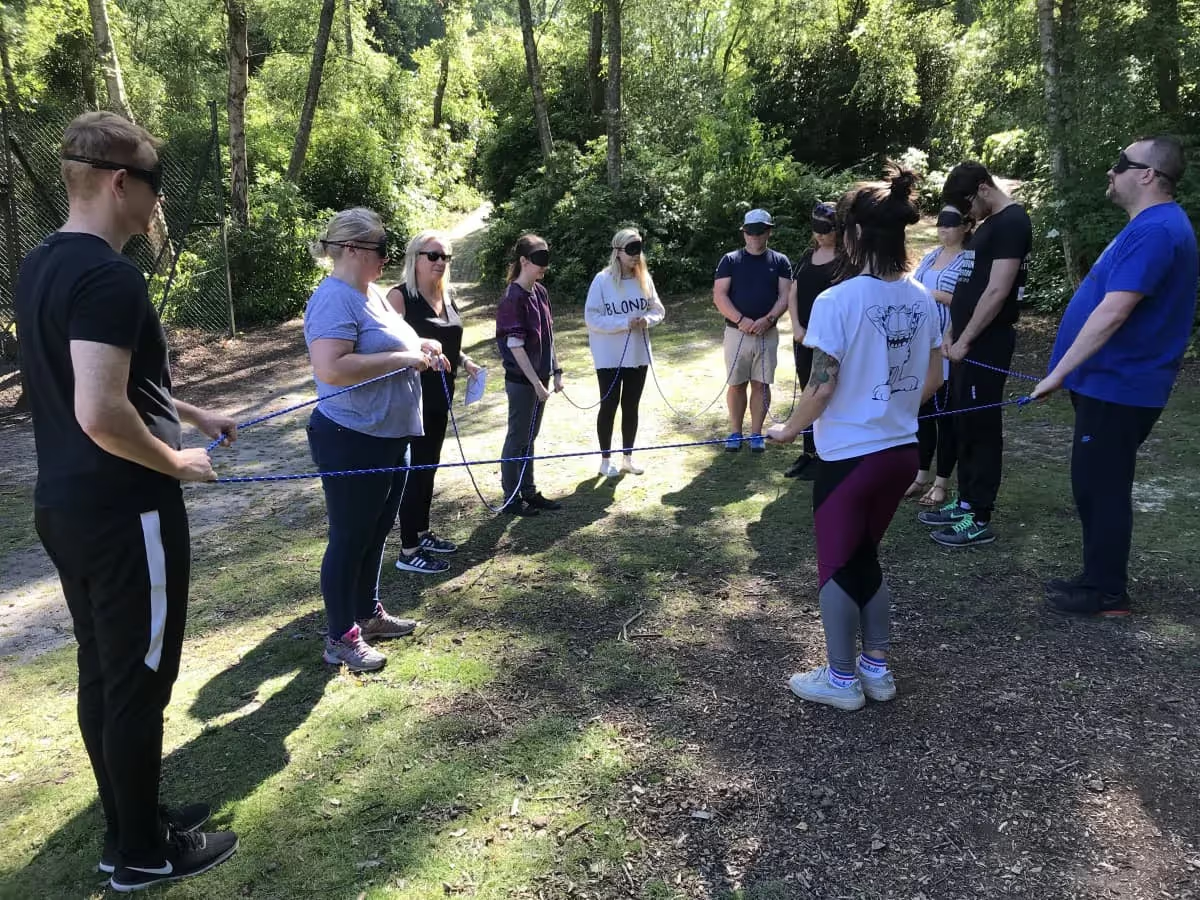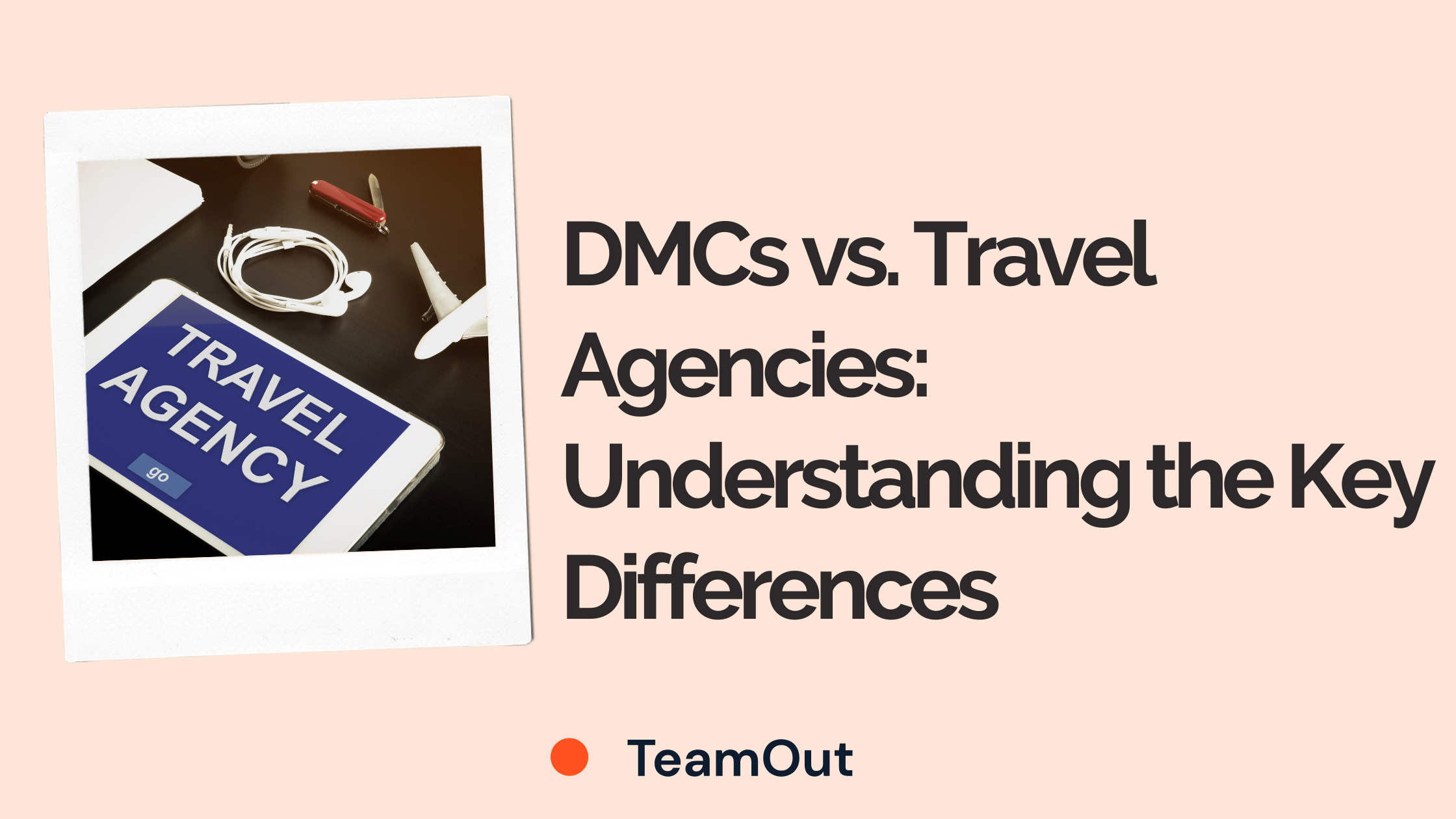The travel industry has faced unprecedented challenges and uncertainty due to the global COVID-19 pandemic. With travel restrictions, lockdowns, and health concerns, businesses and individuals have had to adapt their approach to travel. Before the COVID-19 pandemic, travel and tourism represented more than 10% of the global economy. According to a recent Airbnb report, the pandemic led to a staggering loss of US$4.5 trillion in 2020.
However, amidst these challenges, interesting insights are emerging regarding business travel. The Airbnb report highlights a notable shift in travel behavior, where people are opting for longer stays rather than short visits. The percentage of long-term stays, defined as at least 28 nights, on Airbnb almost doubled from 14% in 2019 to 24% in the first quarter of 2021. This indicates a trend towards individuals choosing to live and work in different locations rather than just visiting temporarily. These insights shed light on the evolving landscape of business travel. As businesses adapt to remote work and changing office dynamics, the concept of travel for work purposes is also transforming.
This article explores several key trends in business travel today, including the changing focus on relationships, the rise of digital nomadism, the complexity of logistics, the preference for unconventional accommodations, and the growing emphasis on sustainability. By examining these trends, businesses can gain valuable insights into the shifting priorities and preferences of travelers and adapt their travel strategies accordingly.
1) Changes in Office Rules and Habits have led to Business Travel Changes
The ever-evolving landscape of office rules and habits has necessitated a corresponding transformation in the realm of business travel. With the rise of smaller offices, companies have been compelled to reassess their approach to travel. Recognizing the value of fostering strong relationships and enhancing collaboration, businesses are now investing more in team travel. This shift entails allocating resources to facilitate team building activities that promote a cohesive and well-connected workforce. There is a growing preference for one-day or a few-days long activities and offsites. These shorter excursions strike a balance between productivity and engagement, allowing teams to achieve their goals while nurturing a sense of camaraderie. Previously, business travel may have been reserved for specific purposes, but now it serves a broader range of objectives, emphasizing the importance of cohesive teams in driving organizational success.
In this new paradigm, the concept of team building activities has taken center stage. Companies recognize that investing in these activities not only strengthens relationships among team members but also enhances communication, trust, and collaboration. By engaging in shared experiences outside the traditional office environment, employees can form deeper connections, fostering a positive work culture that drives productivity and innovation. Furthermore, the prevalence of one-day activities and offsites offers numerous advantages. They minimize time away from the office and reduce costs associated with longer trips, while still providing valuable opportunities for team bonding and skill development. This shift towards more focused and condensed travel experiences reflects the evolving nature of office dynamics and the importance placed on building strong and cohesive teams.
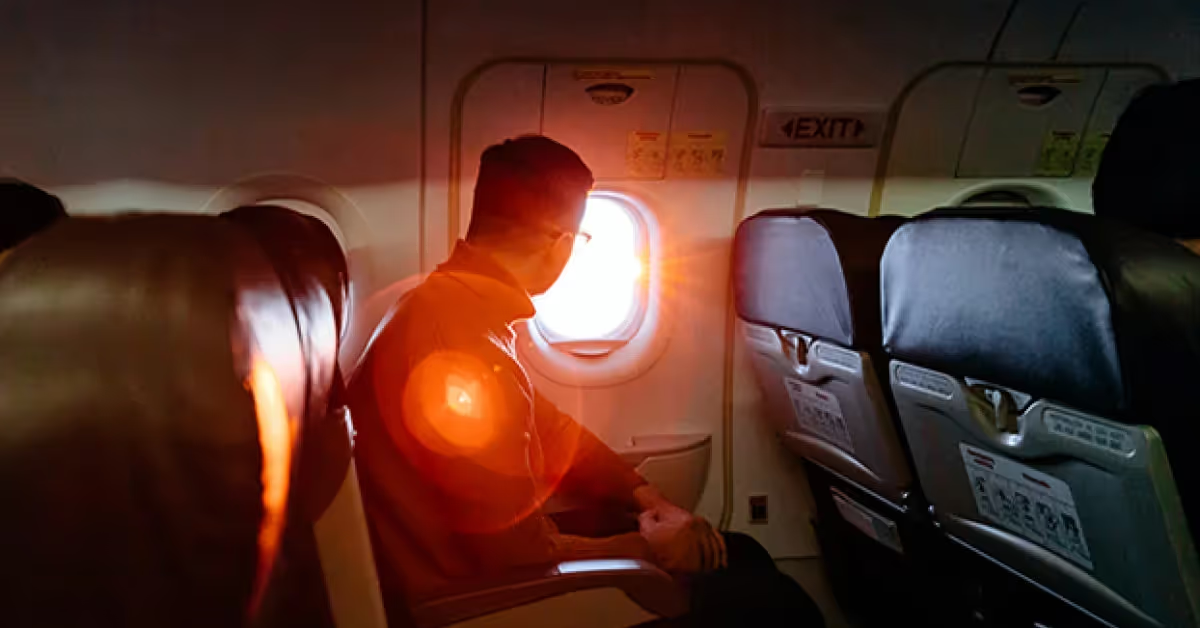
2) Business Travel aims to be focused more on relationships than business itself only
In response to the changing landscape of business travel, there is a notable shift towards prioritizing relationships over solely focusing on business outcomes. While work-related events and conferences remain significant, the emphasis is now on cultivating stronger connections among colleagues. Business travel has expanded to incorporate team building activities and workshops aimed at fostering deeper relationships and promoting a cohesive work environment. Companies recognize the value of creating opportunities for employees to get to know one another on a personal level. By engaging in team building activities, individuals can develop trust, enhance communication, and foster a sense of camaraderie. These activities not only promote collaboration but also encourage creativity and innovation within the team.
Even during work-based retreats or trips with specific business objectives, there is a growing desire to include relaxation and bonding time with colleagues. Recognizing the importance of work-life balance and employee well-being, companies are integrating moments of relaxation and social interaction into travel itineraries. This allows team members to connect on a more personal level, building relationships that extend beyond the confines of work-related tasks. By shifting the focus to relationships, business travel becomes more than just a means to accomplish work-related goals. It becomes an opportunity to build trust and create a positive work culture.

3) The phenomenon of digital nomads
The concept of digital nomadism has emerged as a transformative phenomenon, combining work and travel in unprecedented ways. Consider someone who has long aspired to relocate to another country or even another continent, but has been held back by work-related constraints. However, with the rise of remote work and the increasing number of companies adopting a fully remote model, individuals now have the opportunity to fulfill their dreams of living and working in their desired locations. This shift in work dynamics has opened up a world of possibilities for those seeking a nomadic lifestyle. Companies that embrace remote work allow individuals to choose their ideal destinations, enabling them to experience different cultures, explore new environments, and immerse themselves in unique experiences. A day in the life of a remote worker can be different every time.
Indonesia serves as an excellent example of a country actively promoting digital nomadism and embracing the benefits of increased tourism. Recognizing the potential of attracting remote workers, Indonesia has introduced a digital nomad visa that enables foreigners to live and work tax-free within its borders. By providing such opportunities, the country not only boosts its tourism sector but also enhances cultural exchange and economic growth. The combination of work and travel allows individuals to break free from the traditional office setting, transforming their workspaces into breathtaking landscapes or vibrant cityscapes. It provides them with the freedom to tailor their lifestyle and work routine according to their preferences, fostering a sense of fulfillment and adventure.
4) Logistics to get everyone on the same business trip has become more complex
The logistics involved in organizing business trips have become increasingly complex due to several factors. One significant factor is the rise of remote work, which has led employees to relocate outside of their office's immediate vicinity. With team members spread across different towns or even countries, coordinating travel plans requires meticulous attention to detail. The globalized nature of many businesses has further added to the complexity of logistics. International employees may need to travel from different countries, which involves considerations such as visa requirements, travel restrictions, and coordinating schedules across multiple time zones.
While technology has made virtual communication easier through platforms like Zoom, it cannot fully replace the value of face-to-face interaction. Therefore, companies still find it necessary to organize in-person meetings and events, which requires careful planning and coordination. In addition to the logistical challenges, there is also a heightened mindfulness of the budget, in a context of corporate retreats’ cost savings. Companies need to strike a balance between providing opportunities for collaboration and minimizing expenses. This involves assessing the necessity and feasibility of each trip, optimizing travel arrangements, and exploring cost-effective options without compromising the overall objectives of the business trip. Despite the complexities, advancements in technology have simplified certain aspects of logistics, such as online booking systems and digital communication tools.
- Online Booking Systems: Gone are the days of manual reservation processes and tedious paperwork. They provide real-time availability, price comparisons, and user reviews to help travellers make informed decisions. Examples are Expedia, Booking.com, Airbnb
- Digital Communication Tools: Communication lies at the heart of logistics coordination, and technology has introduced a range of digital tools to facilitate smooth interactions. From video conferencing platforms like Zoom and Microsoft Teams to instant messaging applications like Slack, teams can stay connected across distances, minimizing the need for physical meetings and enhancing collaboration.
- Cloud-Based Solutions: These cloud service providers offer secure and scalable data storage solutions. Logistics companies can store and access large volumes of data, such as inventory levels, supply chain details, and customer information, from anywhere with an internet connection. Examples are Amazon Web Services (AWS), Microsoft Azure, Google Cloud
These tools enable efficient coordination and facilitate real-time collaboration even when team members are physically separated.
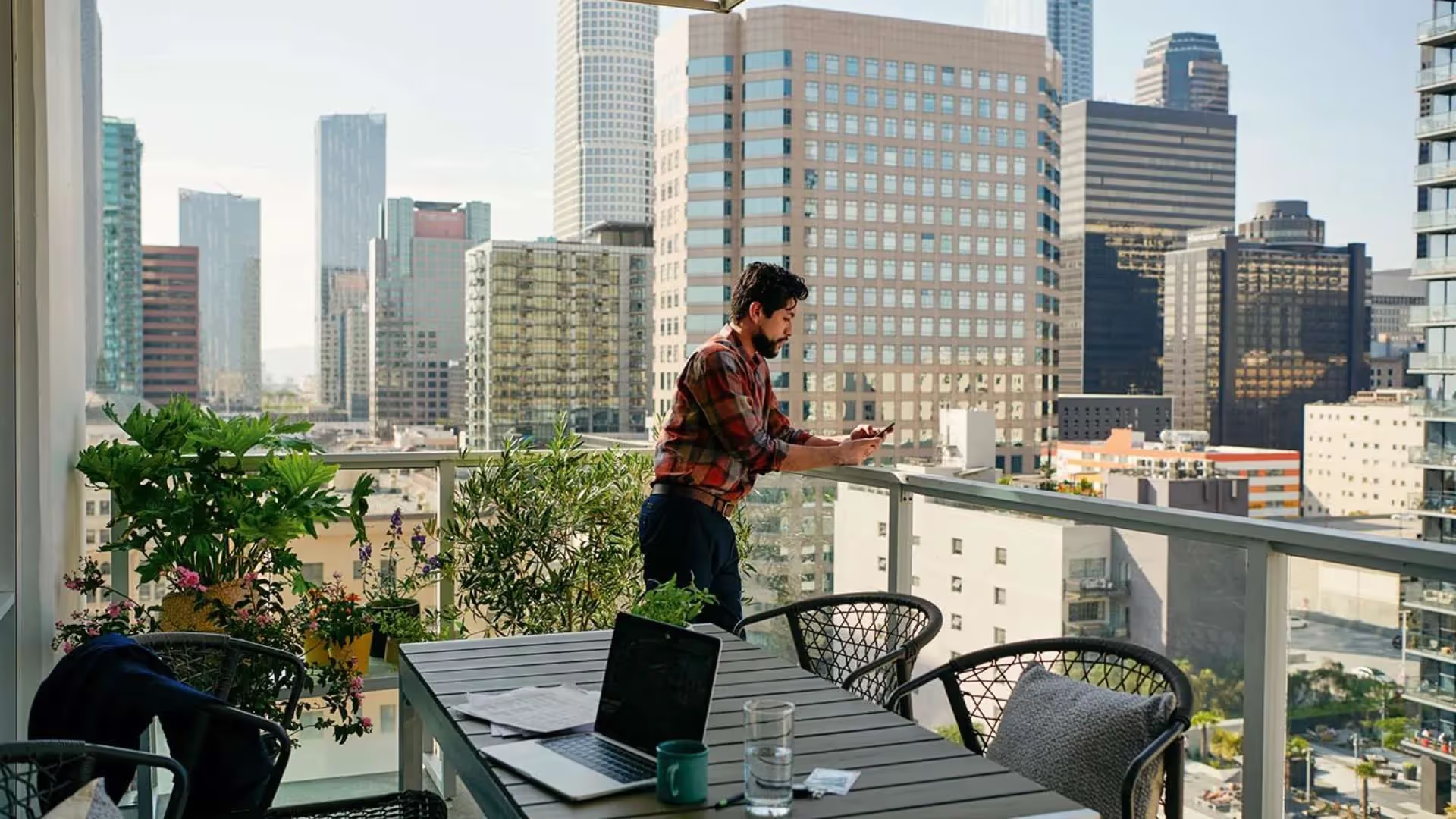
5) Unconventional accommodations became more popular than bigger hotels and resorts
In recent years, there has been a noticeable shift in preference towards unconventional accommodations over traditional bigger hotels and resorts. Companies and organizations are increasingly opting for more unique and memorable locations rather than chain establishments. This change reflects a desire to provide employees with distinctive experiences that go beyond the ordinary. Unconventional accommodations offer the opportunity to stay in special locations that are often off the beaten path. This could include glamping options, where employees can immerse themselves in nature while still enjoying comfortable amenities. Cabins in the woods provide a serene and secluded environment, creating a retreat-like atmosphere that fosters relaxation and creativity. Airstreams, with their retro charm and mobility, offer a sense of adventure and flexibility.
One of the key advantages of these unconventional accommodations is the potential for great team building activities. Being situated away from busy cities and closer to nature provides ample space and opportunities for engaging and immersive experiences. Companies can organize outdoor team building activities, such as hiking, rafting, or obstacle courses, that promote teamwork, communication, and problem-solving. The unique settings of these accommodations enhance the impact and effectiveness of such activities. Moreover, unconventional accommodations often offer larger spaces and communal areas, providing the perfect setting for team meetings, brainstorming sessions, and collaborative work. The open and natural surroundings can inspire creativity and innovation, leading to fresh ideas and solutions. Overall, the growing popularity of unconventional accommodations in business travel reflects a desire to create memorable experiences and leverage unique settings. These accommodations provide a departure from the ordinary, fostering a sense of adventure, and enabling teams to bond and collaborate in inspiring environments.
6) Decarbonisation
In recent times, there has been a significant shift towards decarbonization in the travel industry. Businesses and travelers alike have become more aware of the pressing need to protect the planet and minimize the environmental impact of their activities. As a result, there is a growing emphasis on selecting hotels and accommodations that prioritize sustainability and demonstrate a commitment to preserving the environment. One notable aspect of this focus on decarbonization is the preference for hotels that adopt eco-friendly practices. Travelers are increasingly choosing accommodations that reduce their reliance on single-use plastics, such as providing reusable water bottles and implementing recycling programs. By avoiding plastic usage, these hotels contribute to the reduction of plastic waste and its detrimental effects on the environment, including marine pollution.
Furthermore, eco-conscious hotels often implement energy-efficient measures such as using renewable energy sources, installing energy-saving appliances, and implementing smart technology for better resource management. They may also adopt water-saving initiatives and implement waste reduction and recycling programs to minimize their overall ecological footprint. By supporting hotels that prioritize sustainability, travelers and businesses actively contribute to a more environmentally friendly travel industry. The collective effort to reduce carbon emissions and promote eco-friendly practices aligns with broader global initiatives to combat climate change and preserve natural resources. By making conscious decisions to support environmentally friendly accommodations, travelers and businesses can contribute to a more sustainable future for the travel industry and help drive positive change in the broader scope of environmental conservation.
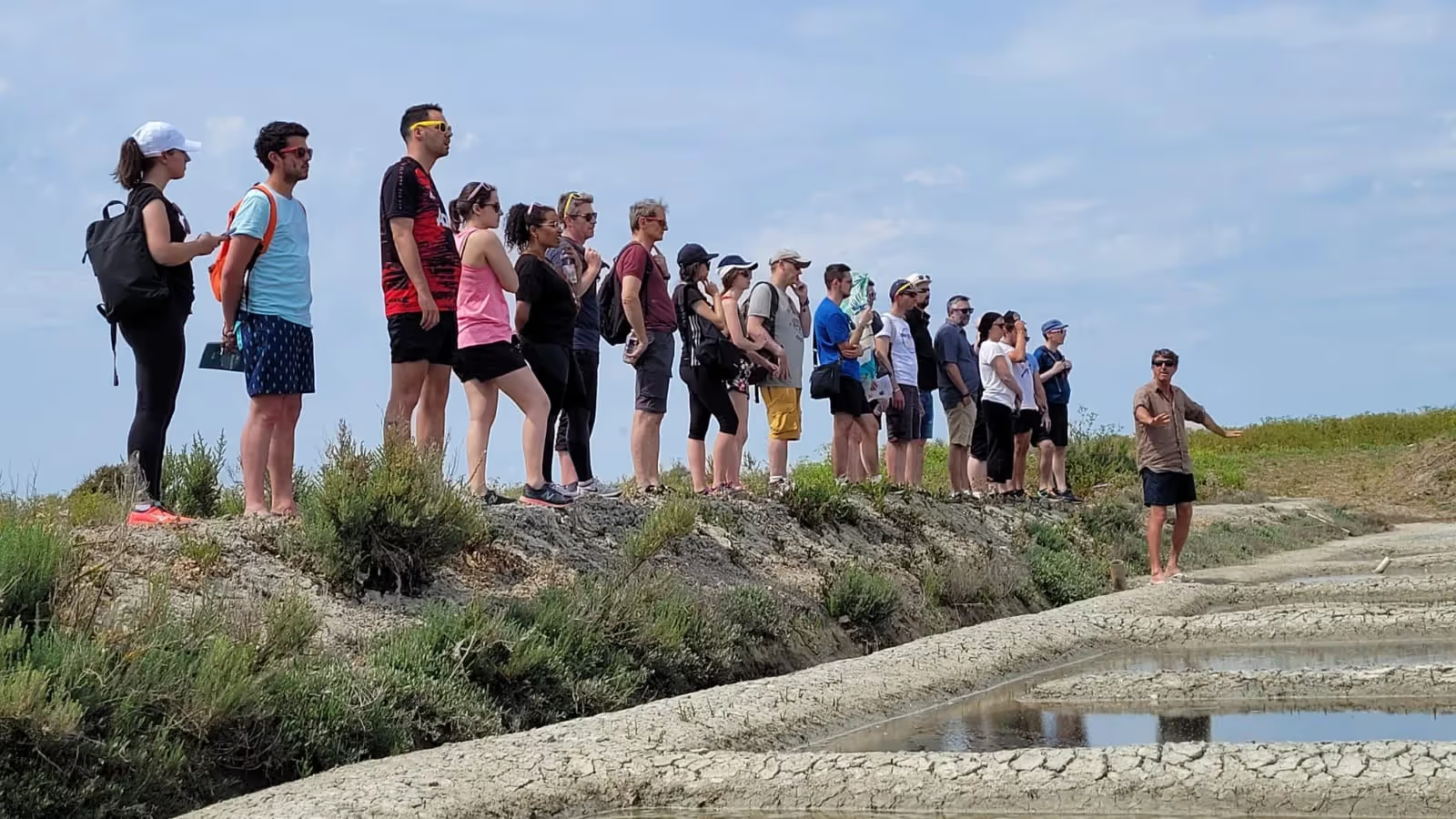
The landscape of business travel is undergoing significant changes, driven by evolving office rules and habits, a focus on relationships and cultivation of employee engagement, the rise of digital nomadism, complex logistics, a preference for unconventional accommodations, and a growing emphasis on decarbonization. These trends reflect the shifting priorities and values of businesses and travelers in today's world. One key aspect is the recognition that business travel is not solely about accomplishing work-related objectives but also about building great bonds among colleagues.
In conclusion, the trends in business travel today highlight a holistic approach that considers:
- employee well-being
- Relationship-building
- unique experiences
- logistical considerations
- and environmental sustainability.
By embracing these trends, businesses can create meaningful travel experiences while contributing to a more sustainable and responsible travel industry.

